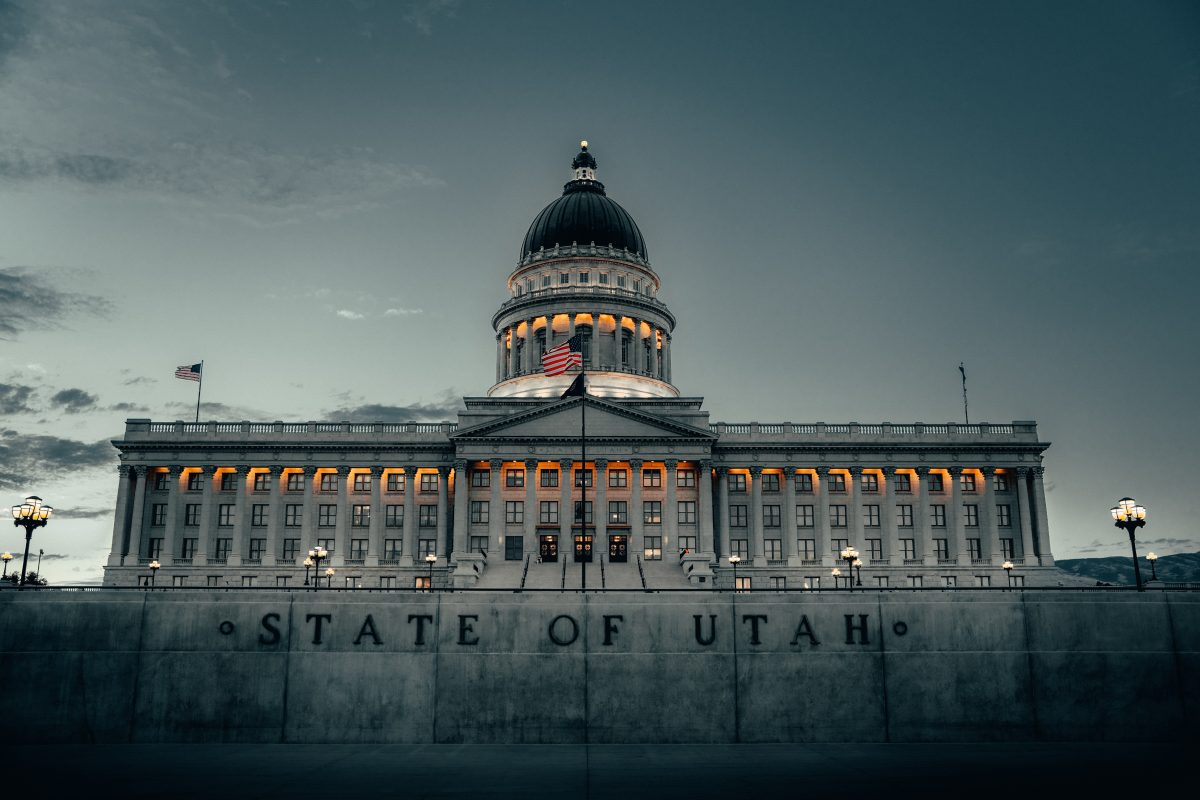
We are only three months into the school year, and Utah has already been hit hard with book challenges in their public schools and libraries. It is no surprise that graphic novels like Fun Home, Flamer, and Gender Queer are among those being challenged and removed. The wave of challenges plaguing the state are the result of House Bill 374, which went into effect in May of 2022.
Much like the legislation we have seen previously, HB 374 seeks to create its own definitions and categories of material to divide and remove them from schools and school libraries. In this case, they are seeking to remove what they call “sensitive materials.” The numbers we have seen so far indicate HB 374 has had a staggering effect.
The Utah State Board of Education has already tracked 280 complaints about books this year. With close to 25% of the school districts reporting, this number could easily reach over 1,000 books challenged in Utah alone. In 2021, the American Library Association recorded challenges to 1,597 books. At the current rate, Utah has the potential of matching two-thirds of the challenges made nationally last year alone, a record-breaking year for book challenges in the United States.
The bill, said to “empower schools to remove” books, underwent several changes before passing into law. One such change was removing the ability for a parent to sue the school for up to $10,000. The bill leans on the power of the state and individual school districts over curriculum, essentially laying low to avoid ruffling too many legal feathers.
A striking issue of this bill is only apparent if you follow the rabbit hole of citations within the bill. When defining sensitive materials, the bill directs the reader to Section 76-10-1235, Accessing pornographic or indecent material on school property. This statute then points the reader to section 76-10-1227, Indecent public displays — Definitions, to further expand the definition of sensitive materials.
In section 2 it states:
A description or depiction of illicit sex or sexual immorality as defined in Subsection (1)(a)(i), (ii), or (iii) has no serious value for minors. [emphasis added]
The subsections referred to are essentially any depiction of nudity and/or sex. So regardless of the artistic value of the work as a whole, or intention of the work, the Miller Test for obscenity is ignored; the book or graphic novel is automatically considered sensitive material and therefore unsuitable for any public school setting. This directly conflicts with advice the Attorney General of Utah gave back in May.
Michael Curtis, general counsel for the Utah legislature, said that litigation is likely. It can come from both sides now, as some folks will want books returned, and others will want books removed. Lawsuits notwithstanding, the bill has already impacted resources in the school districts. One district said the recent challenges have already cost 500 hours of labor and $20,000 of funds. Allegedly, the next item on the agenda for legislators is a similar bill that will target the book selection process.
It is more important than ever that we fight these book challenges and make our voices heard for free speech. This bill in Utah is demonstrating a problematic curtailing of First Amendment rights by declaring certain literature of “no serious value for minors” and straining the education system in terms of time and money. We will continue reporting on the situation in Utah and providing support to keep graphic novels and books on the shelves.
CBLDF and its partners have been battling ongoing and organized attempts to censor comics and other books in schools and libraries. You can join the struggle by making a donation or reporting censorship today!